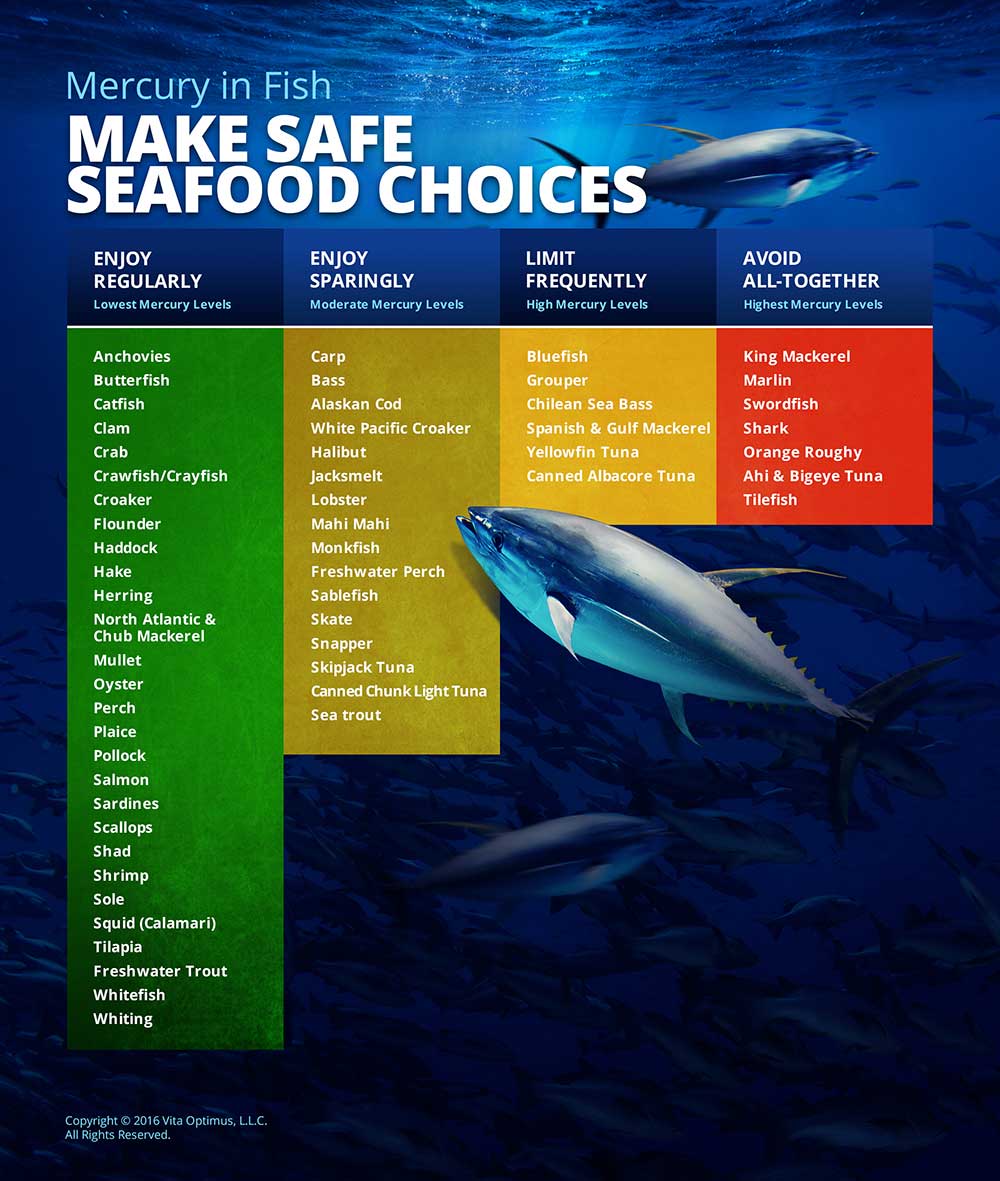Mercury Poisoning Treatment in Kittery, ME

Mercury is a metal that when absorbed into the body can have drastic consequences, impacting the digestive system, the nervous system, the brain, the kidneys and nearly every related body part and system. The most dangerous type of mercury - by far - is an organic form called methylmercury, a compound often found in certain types of fish, regardless of how it’s cooked.
History of Mercury Use
For hundreds of years, mercury was a widely available and commonly used metal. In fact, it even found its way into medicines including antibacterial agents, laxatives and antiseptics. Have you ever heard the phrase “mad as a hatter” or “the mad hatter”? These sayings owe their origin to the use of mercury in the field of hat-making during the 19th century. Many felt hat makers experienced severe neurological impairment and other symptoms of mercury toxicity due to their chronic exposure to the metal, including anxiety/shyness, extreme irritability, slurred speech, loose teeth, poor coordination and violent shakes called “hatters shakes.”
Mercury Poisoning
Today, mercury can be found in three forms:
- Elemental mercury: Thermometers, dental fillings, batteries, electrical switches
- Organic mercury: Large fish, shellfish
- Inorganic mercury: Fungicides, disinfectants, skin lightening products
A study tested skin whiteners available to U.S. customers and found that nearly half of approximately 600 products tested contained mercury. These products contained 10,000 ppm (parts per million), a unit that measures the amount of mercury present in every million particles of a substance. Given these figures, 10,000 out of a million doesn't sound so bad. However, the FDA deemed that an acceptable amount of mercury is only 1 ppm.
Large fish, particularly tuna, shark and swordfish, contain high levels of methylmercury, which often causes complete avoidance of fish consumption for many people. However, most fish are safe to consume regularly without the risk of mercury poisoning.

Mercury Poisoning Symptoms
Symptoms of mercury poisoning may be sudden or develop over time. Generally, the higher the dose of mercury a person is exposed to, the quicker the progression of symptoms. Symptoms may present differently depending upon the form of mercury (elemental, organic or inorganic).
|
ELEMENTAL MERCURY POISONING SYMPTOMS |
ORGANIC MERCURY POISONING SYMPTOMS |
INORGANIC MERCURY POISONING SYMPTOMS |
|---|---|---|
| Mood swings and irritability | Impairment of peripheral vision | Skin rashes |
| Muscle twitching or weakness | Muscle weakness | Dermatitis |
| Headache | Impairment of speech or hearing | Bloody diarrhea |
| Sleep disturbances | Poor coordination | Mood swings |
| Poor coordination | Tremors | Abdominal pain |
| Pins and needles sensation | Pins and needles sensation | Muscle weakness |
| Metallic taste in mouth | Memory loss | Vomiting |
In rare cases, when large quantities of mercury are consumed, complete kidney failure and death have been reported.
Mercury Poisoning Treatment
If you suspect you are experiencing mercury poisoning, it is critical you contact your healthcare provider immediately. Chelation therapy is often the preferred method for treating mercury poisoning. With chelation, a chemical called DMSA is used for chronic or mild cases. DMSA - like all chelation agents - helps facilitate the natural excretion of mercury either via urination or defecation. DMSA can even be administered in an outpatient setting. However for acute (severe) cases, dimercaprol should be used, and unlike DMSA can be used in those who have experienced kidney failure.
Emergency care may be required well before chelation. Due to the unique and severe nature of mercury contamination, alerting local emergency authorities may be necessary (they have special mercury decontamination kits). They will likely remove contaminated clothing, wash you off and administer first aid. Many who inhale mercury need to have their breathing restored, as it can cause respiratory distress/failure. Surgery is sometimes necessary. It's used to remove solid pieces of mercury from the airway or the digestive system; this, however, is rare as most mercury poisoning occurs because of vapor inhalation or skin contact.
The best treatment - as is the case with many conditions - is prevention. Avoid eating fish with high mercury content and consult your healthcare provider about general fish consumption if pregnant. Most U.S. sold fish abide by the FDA guidelines and come in well below the advised safe levels of mercury (averaging around 0.3ppm). Practice good workplace hygiene if you handle mercury in your profession and avoid the use of products known to have higher levels of mercury.
Request more information about mercury poisoning treatment today. Call (207) 536-9661 or contact Vibrant Health Naturopathic Medical Center online.
Vibrant Health Naturopathic Medical Center
Address
3 Riverside DriveGreenland, NH 03840
(207) 536-9661
www.vibranthealthnaturalmedicine.com
Hours
Mon:
8:30 am - 5:00 pm
Tue:
9:00 am - 5:00 pm
Wed:
10:30 am - 5:00 pm
Thu:
9:00 am - 5:00 pm
Fri:
10:00 am - 4:00 pm
Sat:
Closed
Sun:
Closed

